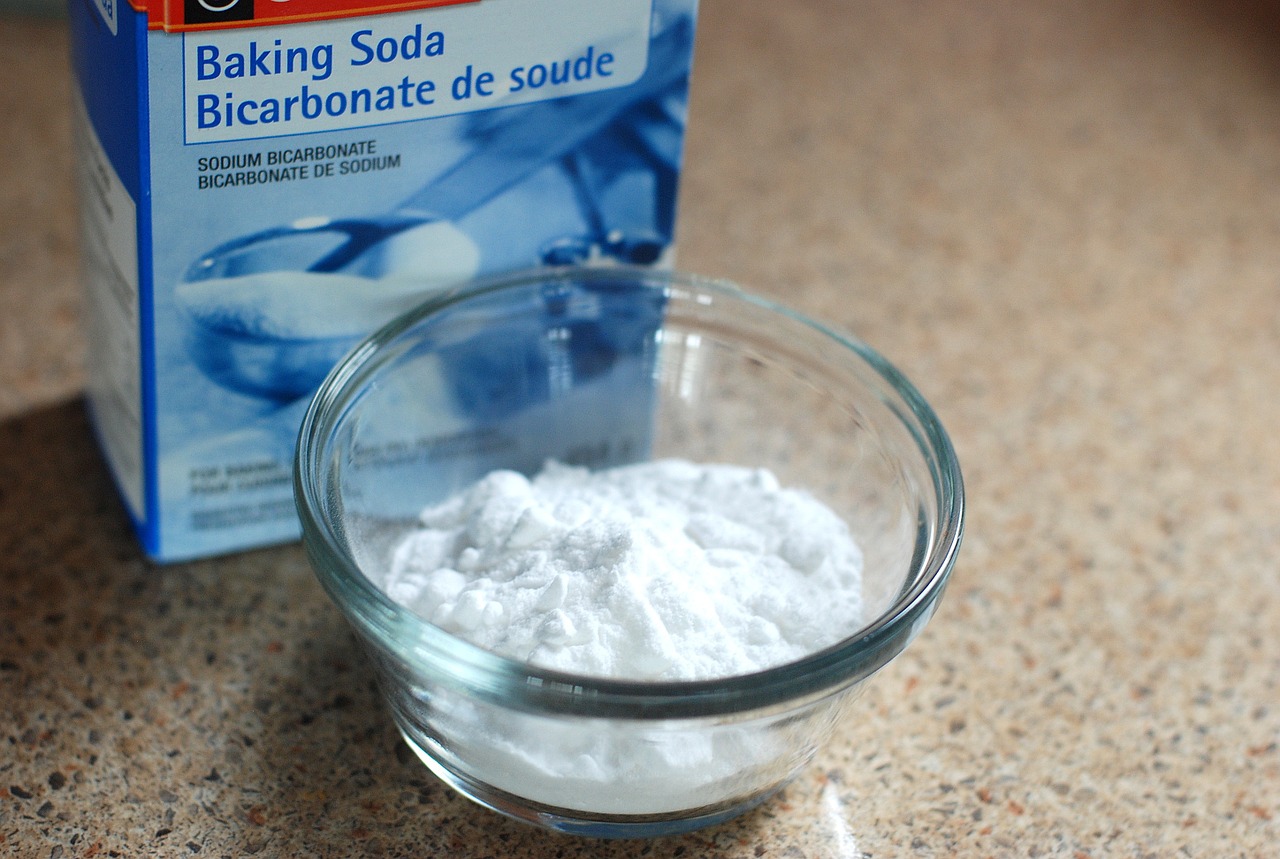 There are many ways you can clean your night guard or retainer, but they often involve using products with chemicals such as effervescent tablets. As effective as they are at eliminating germs, they can potentially be toxic if you do it for long enough and the chemicals have seeped into your night guard, mouth guard or retainer.
There are many ways you can clean your night guard or retainer, but they often involve using products with chemicals such as effervescent tablets. As effective as they are at eliminating germs, they can potentially be toxic if you do it for long enough and the chemicals have seeped into your night guard, mouth guard or retainer.
That is why many people are now looking for natural methods to clean their night guard, and you may have heard about people cleaning their night guard with baking soda. The question is, can baking soda effectively clean your mouth guard or retainer?
Table of Contents
Cleaning Night Guard with Baking Soda
The answer to that question is yes! Baking soda is an effective and safe way to clean your night guard, perhaps capable of doing an even better job than oral appliance cleansers you might find at the supermarket. Here’s what it does:
Baking soda stops bacteria from spreading
Baking soda is often used because of its ability to neutralize pH, and that is what keeps bacteria from spreading. Generally, the “bad” bacteria in your mouth thrives in a more acidic setting, and by lowering the pH levels on the night guard and in your mouth, baking soda essentially fixes the bacteria problem by balancing the oral microbiome. Furthermore, baking soda can clean dirty night guards due to its higher pH.
Baking soda can eliminate bad odors
If you’d like another reason why you should use baking soda to clean your mouth guard or retainer, then how about the fact that it can keep the bad odors at bay? Your night guard, mouth guard, retainer, or any other dental appliance will smell after a while. Fortunately, baking soda is a safe, effective, and natural deodorizer. If used daily, it can neutralize the odors and keep it from smelling bad.
How to Properly Care for Your Night Guard using Baking Soda
You should always keep your retainer moist, preferably submerged under water. When a night guard, mouth guard or retainer dries out, that is when tartar or plaque biofilm hardens onto it. A dry environment will quickly degrade your night guard, so it should either be in your mouth or submerged underwater.
First, fill a stainless steel container with distilled water. Sorry, but tap water has trace amounts of minerals that can contribute to the formation of plaque on your oral appliance. It has to be distilled water. Next, put in some baking soda to reap the benefits discussed above. If you don’t have any baking soda in your house, just leaving it in distilled water is better than leaving it in a dry environment.
You might be tempted to brush it, however the bristles on your toothbrush can potentially poke small holes into your night guard or retainer. These little spaces are where bacteria can grow and spread, so it is best to keep the brush away from your oral appliances and just let them soak.
In conclusion, cleaning night guard with baking soda is a safe and effective way to take care of your retainer and prevent the spread of bacteria and smell odors.